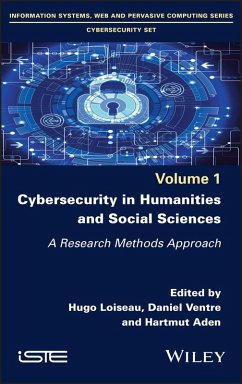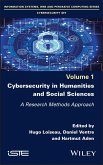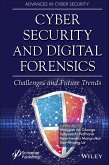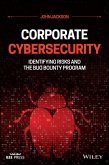The humanities and social sciences are interested in the cybersecurity object since its emergence in the security debates, at the beginning of the 2000s. This scientific production is thus still relatively young, but diversified, mobilizing at the same time political science, international relations, sociology , law, information science, security studies, surveillance studies, strategic studies, polemology. There is, however, no actual cybersecurity studies. After two decades of scientific production on this subject, we thought it essential to take stock of the research methods that could be mobilized, imagined and invented by the researchers. The research methodology on the subject "cybersecurity" has, paradoxically, been the subject of relatively few publications to date. This dimension is essential. It is the initial phase by which any researcher, seasoned or young doctoral student, must pass, to define his subject of study, delimit the contours, ask the research questions, and choose the methods of treatment. It is this methodological dimension that our book proposes to treat. The questions the authors were asked to answer were: how can cybersecurity be defined? What disciplines in the humanities and social sciences are studying, and how, cybersecurity? What is the place of pluralism or interdisciplinarity? How are the research topics chosen, the questions defined? How, concretely, to study cybersecurity: tools, methods, theories, organization of research, research fields, data ...? How are discipline-specific theories useful for understanding and studying cybersecurity? Has cybersecurity had an impact on scientific theories?
Dieser Download kann aus rechtlichen Gründen nur mit Rechnungsadresse in A, B, BG, CY, CZ, D, DK, EW, E, FIN, F, GR, HR, H, IRL, I, LT, L, LR, M, NL, PL, P, R, S, SLO, SK ausgeliefert werden.









